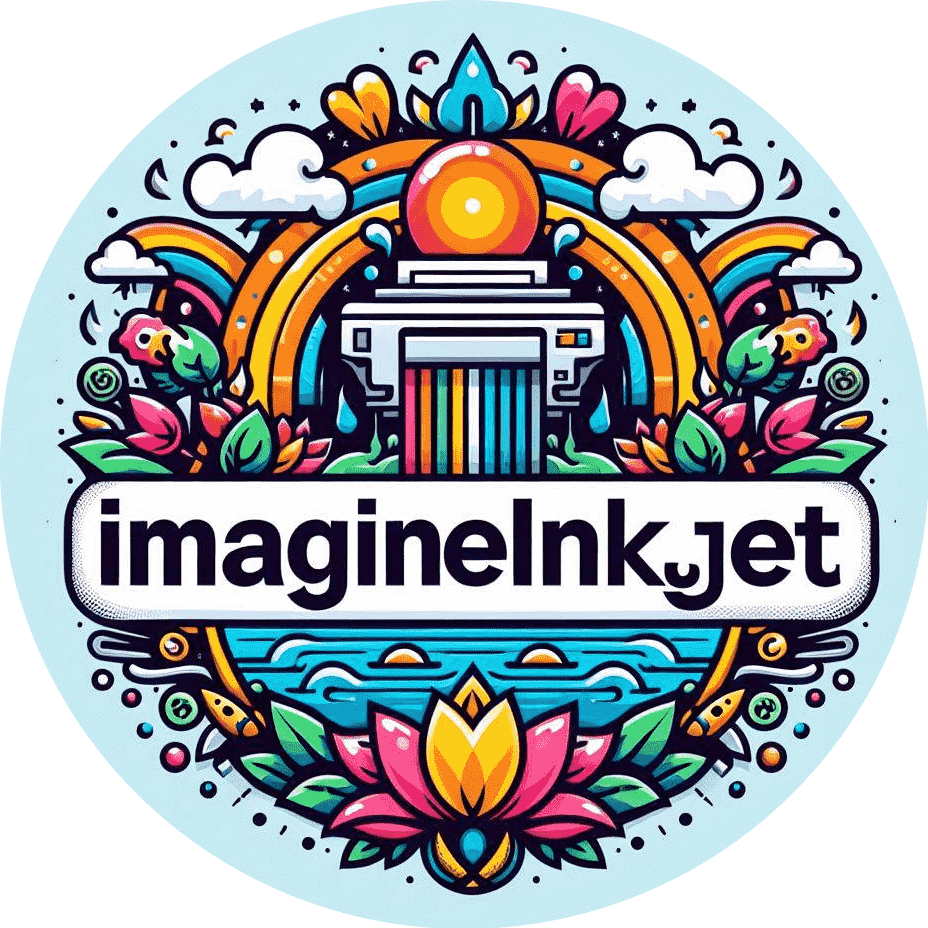Introduction
In today’s fast-paced and competitive world, the value of higher education continues to be a topic of debate. With rapidly changing job markets and emerging technologies, many individuals question whether investing time and resources into pursuing a college degree is still worth it. However, by analyzing the numbers and considering various factors, it becomes evident that higher education remains a smart choice for individuals seeking personal and professional growth. In the face of economic uncertainties and societal challenges, the decision to pursue higher education may seem daunting. However, by breaking down the numbers and examining the return on investment, it becomes clear that the benefits far outweigh the costs. From higher earning potential and career advancement opportunities to personal growth and fulfillment, the value of a college degree transcends monetary considerations. As individuals embark on their educational journey, they are not only investing in their future but also shaping the world they wish to inhabit. Thus, the pursuit of higher education remains a smart choice for those who aspire to reach their full potential and make a meaningful impact on the world.
Table of Contents
Current Trends in Higher Education
Enrollment Statistics
Despite the challenges posed by the COVID-19 pandemic, enrollment in higher education institutions has remained steady. According to recent data, millions of students are enrolled in colleges and universities across the globe, with a significant portion opting for both traditional and online learning formats.

Popular Fields of Study
The demand for certain fields of study continues to rise, reflecting the evolving needs of the job market. STEM (Science, Technology, Engineering, and Mathematics) fields, healthcare, and business-related disciplines are among the most sought-after areas of study, with students recognizing the potential for lucrative careers and opportunities for innovation.
Benefits of Higher Education
Career Advancement Opportunities
One of the most significant advantages of pursuing higher education is the access to a wide range of career opportunities. A college degree not only increases employability but also opens doors to higher-paying positions and leadership roles within various industries.

Higher Earning Potential
Statistics consistently show that individuals with higher levels of education tend to earn more over their lifetimes compared to those with only a high school diploma. The investment in a college education often results in significantly higher earning potential and greater financial stability in the long run.
Personal Growth and Development
Beyond the tangible benefits, higher education also fosters personal growth and development. Students have the opportunity to explore diverse interests, engage in critical thinking, and develop essential skills such as communication, problem-solving, and teamwork, which are invaluable in both professional and personal contexts.
Challenges and Concerns
Rising Tuition Costs
One of the primary concerns associated with higher education is the escalating cost of tuition. Skyrocketing tuition fees have placed a financial burden on students and their families, making college affordability a pressing issue for many individuals.

Student Loan Debt
The proliferation of student loan debt has reached alarming levels, with millions of graduates burdened by loans that take years, if not decades, to repay. The burden of student loan debt can have long-term implications on financial well-being and inhibit opportunities for homeownership, entrepreneurship, and other life milestones.
Job Market Saturation
Another challenge facing graduates is the saturation of the job market in certain fields. As more individuals obtain college degrees, competition for desirable positions intensifies, leading to increased difficulty in securing employment in saturated industries.
Alternative Paths to Success
Vocational Training
In response to the changing landscape of higher education, vocational training programs have gained popularity as viable alternatives to traditional college degrees. These programs offer specialized training in high-demand fields such as healthcare, information technology, and skilled trades, providing students with valuable skills and certifications for immediate entry into the workforce.

Online Education
The advent of online education has revolutionized the way individuals access learning opportunities. Online degree programs and courses offer flexibility and accessibility, allowing students to balance their education with work and other responsibilities. The rise of Massive Open Online Courses (MOOCs) has democratized education, making quality learning resources available to people around the world.
Conclusion
In conclusion, while the landscape of higher education may be evolving, the value of pursuing a college degree remains undeniable. Despite the challenges and concerns, the benefits of higher education extend far beyond the classroom, encompassing personal growth, career advancement, and lifelong learning. By considering the numbers and weighing the options, individuals can make informed decisions about their educational journey, paving the way for a brighter and more prosperous future. In summary, the decision to pursue higher education is not merely about obtaining a degree but about investing in oneself and one’s future. While the cost of tuition and concerns about student loan debt may seem daunting, the long-term benefits far outweigh the challenges. Higher education equips individuals with the knowledge, skills, and confidence needed to navigate an increasingly complex and competitive world. It opens doors to a wide range of opportunities, from fulfilling careers to meaningful contributions to society. Moreover, the pursuit of knowledge is a lifelong journey, and higher education serves as a solid foundation upon which individuals can continue to build and grow. Therefore, despite the uncertainties of the future, one thing remains clear: pursuing higher education is indeed a smart choice for those who aspire to reach their full potential and make a positive impact on the world.
Unique FAQs
- Is higher education still relevant in today’s job market?
- Absolutely! Higher education provides essential skills and knowledge that are highly valued by employers across various industries.
- How can individuals mitigate the financial burden of tuition costs?
- Research scholarship opportunities, consider attending community college for lower tuition rates, and explore financial aid options such as grants and student loans.
- Are there alternative paths to success besides traditional college degrees?
- Yes, vocational training programs, apprenticeships, and online education offer alternative pathways to acquiring valuable skills and certifications.
- What are the long-term benefits of investing in higher education?
- Higher earning potential, greater job security, and enhanced personal and professional growth are among the many long-term benefits of higher education.
- How can individuals stay competitive in today’s job market?
- Continuous learning, skill development, networking, and staying abreast of industry trends are essential for maintaining competitiveness in the job market.
- Is higher education worth it for individuals interested in non-traditional career paths, such as entrepreneurship or the arts?
- Absolutely! While traditional career paths often emphasize the importance of a college degree, higher education holds value for individuals pursuing non-traditional paths as well. Entrepreneurship, for example, requires a diverse skill set encompassing business acumen, critical thinking, and communication skills—all of which can be acquired through higher education. Similarly, individuals in the arts can benefit from formal education in areas such as fine arts, performing arts, or creative writing, where they can hone their craft, gain exposure to industry professionals, and cultivate a network of peers and mentors. Moreover, the interdisciplinary nature of higher education allows students to explore diverse interests and disciplines, fostering creativity and innovation essential for success in non-traditional fields.
- How can individuals leverage higher education to address pressing global challenges, such as climate change or social inequality?
- Higher education plays a crucial role in addressing pressing global challenges by equipping individuals with the knowledge, skills, and resources needed to effect positive change. Through interdisciplinary programs, research initiatives, and community engagement opportunities, students can explore innovative solutions to complex issues such as climate change, social inequality, and healthcare disparities. For example, colleges and universities often offer sustainability-focused programs that empower students to develop sustainable practices, conduct research on renewable energy technologies, and advocate for environmental policy reform. Likewise, social sciences and humanities programs provide a platform for critical dialogue and activism, enabling students to address systemic injustices and promote social equity through advocacy, policymaking, and grassroots organizing. By harnessing the power of higher education, individuals can become catalysts for positive social change and contribute meaningfully to building a more just, equitable, and sustainable world.
- What role does lifelong learning play in the context of higher education, and how can individuals continue their education beyond traditional degree programs?
- Lifelong learning is an integral component of higher education that extends beyond the confines of traditional degree programs. In today’s rapidly evolving world, continuous learning is essential for personal and professional growth, adaptation to technological advancements, and staying abreast of industry trends. Higher education institutions recognize the importance of lifelong learning and offer a myriad of opportunities for individuals to continue their education through certificate programs, continuing education courses, workshops, and seminars. Additionally, online learning platforms such as Coursera, Udemy, and edX provide accessible and affordable options for individuals to pursue lifelong learning from the comfort of their homes. By embracing lifelong learning, individuals can remain intellectually curious, expand their skill sets, and remain competitive in an ever-changing job market, thereby reaping the benefits of higher education throughout their lives.
FAQs
How does higher education contribute to personal and professional networking opportunities?
Higher education institutions serve as hubs of networking and collaboration, providing students with ample opportunities to connect with peers, faculty members, alumni, and industry professionals. Through participation in student organizations, internships, and campus events, students can build valuable relationships and expand their professional network. Additionally, many colleges and universities offer career services and alumni networks that facilitate job placement, mentorship, and professional development opportunities. By actively engaging with the academic community, students can leverage these networking resources to enhance their career prospects and pursue their aspirations.
What impact does higher education have on societal progress and innovation?
Higher education plays a pivotal role in driving societal progress and fostering innovation by cultivating a culture of inquiry, discovery, and creativity. Through research initiatives, academic partnerships, and community outreach programs, colleges and universities contribute to advancements in science, technology, medicine, and the arts. Moreover, higher education institutions serve as catalysts for social change and advocacy, empowering students to address pressing issues such as climate change, inequality, and healthcare disparities. By nurturing the next generation of leaders, thinkers, and changemakers, higher education fuels innovation, fosters inclusive growth, and contributes to the betterment of society as a whole.
How can individuals determine the right path within higher education based on their interests and career goals?
Choosing the right path within higher education requires careful consideration of one’s interests, strengths, and career aspirations. Individuals can start by conducting self-assessments to identify their skills, values, and areas of passion. From there, they can research different academic programs, majors, and concentrations that align with their interests and goals. It’s also essential to consider factors such as program reputation, faculty expertise, resources available, and career outcomes. Additionally, seeking guidance from academic advisors, career counselors, and industry professionals can provide valuable insights and support in making informed decisions. By taking a proactive approach to exploring their options and seeking guidance when needed, individuals can navigate the diverse l
